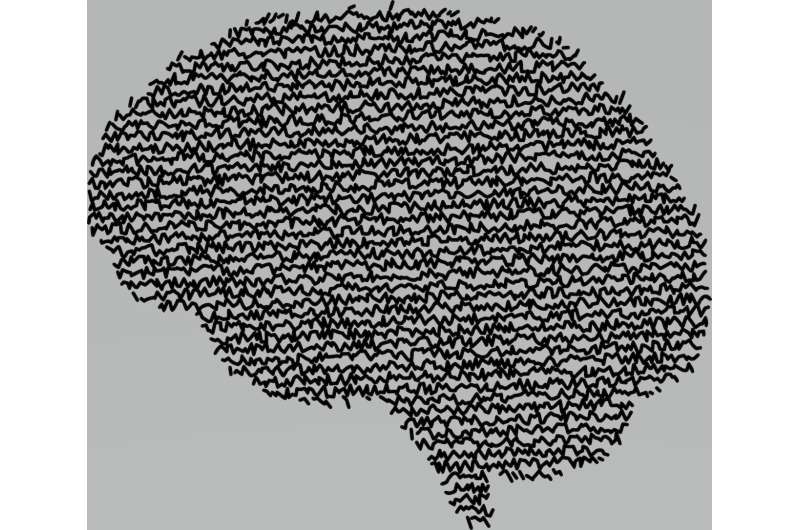This article has been reviewed according to Science X's editorial process and policies. Editors have highlighted the following attributes while ensuring the content's credibility:
fact-checked
peer-reviewed publication
trusted source
proofread
Is your coffee 'not hot' or 'cold'? Observing how the brain processes negated adjectives

Negating an adjective by placing 'not' in front of it affects the way our brains interpret its meaning, mitigating but not entirely inverting our interpretation of its definition. In a study published in the open-access journal PLOS Biology, Arianna Zuanazzi at New York University, US, and colleagues offer insight into how the brain represents changes of meaning over time and offer new methods for further linguistic research.
The way the brain processes negated adjectives—'not bad' or 'not good'—is not understood. Previous studies suggest that negated phrases are processed more slowly and with more errors than their affirmative counterparts. Cutting-edge artificial neural networks appear to be largely insensitive to the contextual impacts of negation, leading many researchers to wonder how negation operates.
In lab-based experiments, 78 participants were asked to read affirmative or negated adjective phrases, good/bad, not good/not bad, happy/sad, not happy/not sad etc. on a screen and rate their meaning on a scale of one (really really bad/really really sad) to 10 (really really good/really really happy).
Answers took longer for negated adjectives and interpreted meaning was more varied. Cursor tracking showed that people are slower to interpret them, first understanding them to be affirmative before modifying towards their opposite meaning.
In a second experiment, participants rated affirmative or negated phrases on a scale. Meanwhile, magnetic fields generated by the electrical activity of their brains were captured by magnetoencephalography (MEG).
Zuanazzi and colleagues again saw slower reaction times for negated adjectives. The brain activity shows that initial interpretations and early neural representations of negated adjectives are similar to that of affirmative adjectives, but are weakened, backing up the previous suggestion of a mitigated effect.
The analysis contributes to the debate as to how negation operates. The ability to characterize the subtle changes of linguistic meaning through negation in the brain using imaging methods could help to tease apart understanding of other linguistic processes beyond the sum of the processing of individual word meanings.
The authors add, "The study of negation offers a compelling linguistic framework to understand how the human brain builds meaning through combinatoric processes. Our time-resolved behavioral and neurophysiological data show that, in a sentence like 'your coffee is not hot,' negation ('not') mitigates rather than inverts the representations of a scalar adjective ('hot'). In other words, negation reduces the temperature of your coffee, though it does not make it cold."
More information: Zuanazzi A, Ripollés P, Lin WM, Gwilliams L, King J-R, Poeppel D, Negation mitigates rather than inverts the neural representations of adjectives. PLoS Biology (2024). DOI: 10.1371/journal.pbio.3002622
Journal information: PLoS Biology
Provided by Public Library of Science




















